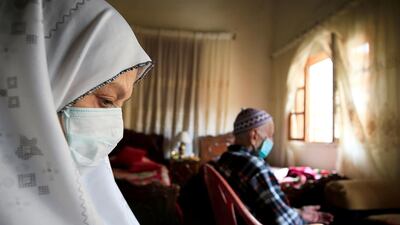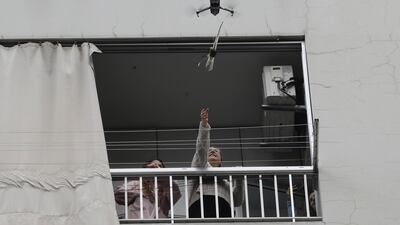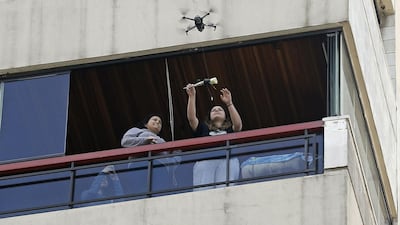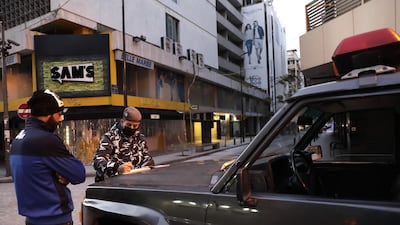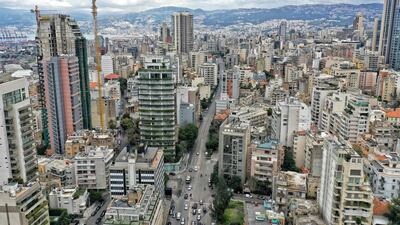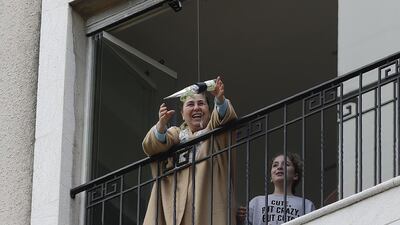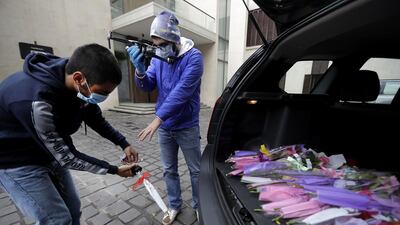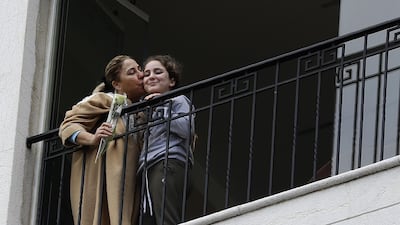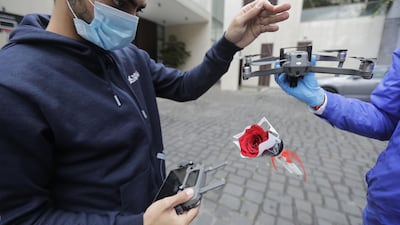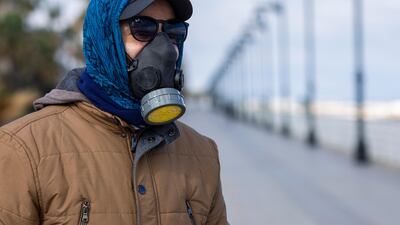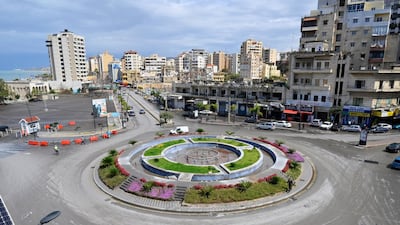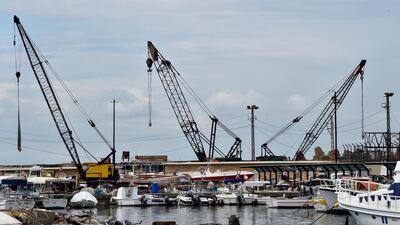Lebanon has been reeling under the burden of economic, social, political and financial crises that crystallised last November and have yet to be addressed.
A dream of possible change for a better Lebanon began on October 17, 2019, when more than a million Lebanese took to the streets demanding the downfall of a corrupt, sectarian elite. Two weeks later, the government resigned and a financial crisis that has yet to be resolved gripped the fragile nation.
Given this recent history, it is no exaggeration to say that the nightmare of Covid-19 reached Lebanon at the worst possible time.
As a doctor working in a Beirut hospital, I can tell you that the pandemic has added incredible strain on a healthcare sector already in turmoil.
Lebanon’s crisis caused a scarcity of medical supplies necessary to deal with the outbreak, months before it had reached Beirut. The country’s financial crisis includes a drastic shortage of foreign currencies, mainly dollars, which are used interchangeably with the Lebanese pound. The dollar scarcity has impacted the ability of medical suppliers to import vital supplies such as masks, gloves, ventilators and spare parts, all bought in dollars.
The government, medical personnel, hospitals, the media, the army as well as ordinary people are all joining their efforts to minimise the spread of the disease. A quarantine was announced earlier in March, with shops and bakeries encouraged to limit opening hours and people fined for leaving their houses without a valid reason.
Yet, the number of coronavirus patients is increasing by the day despite these measures, as well as efforts to raise awareness among the population.
The number of infected patients is also believed to be higher than the official rate for many reasons. Firstly, the severity of the symptoms will vary depending on the person, and those with little to no signs of illness are unlikely to seek medical advice.
Secondly, the number of testing kits at hand in the country are limited, and they are only available in a few Beirut hospitals, limiting their reach deep within other provinces and in refugee camps. Thirdly, although literacy levels in Lebanon are well above those of neighbouring nations, nearly three out of 10 Lebanese live below the poverty line, and three quarters of Syrian refugees, who amount to one-sixth of the country's residents, are poor, according to statistics by the United Nations Development Programme.

When people live in destitution, they have no choice but to continue working. This means a wide range of people simply cannot afford to respect the guidelines imposed by the government as they need to leave their houses to make a living and provide for their families.
For all these reasons, we as medical professionals cannot assume that the disease is not spreading rapidly or that it is somehow contained.
But despite these challenges, the pandemic has also allowed for the resilience of the Lebanese people to shine.
The Lebanese residing in the country and the diaspora are donating money to help the medical centres treating coronavirus cases, as well as to aid organisations such as the Lebanese Red Cross. More importantly, many are lending a helping hand to thousands of families that can no longer provide for themselves during these difficult times.
And at a time when few leaders in the medical field are teaming up to invent locally made ventilators, Lebanese institutions and companies are making masks, gowns and personal protective equipment for doctors and nurses.
The Lebanese health ministry is also trying to play a positive role and equip 12 additional public hospitals outside Beirut and its immediate surroundings with the necessary tools to treat coronavirus patients. A few private hospitals have also begun to receive some Covid-19 patients, who were so far quarantined in a separate wing at the Rafik Hariri Governmental University Hospital, a public healthcare centre.
Still, Lebanon needs help to make it through the Covid-19 crisis. Our hospitals need funds to become well-equipped. We must also prepare all medical facilities across the country to be able to admit coronavirus patients and to carry out more testing. It is the government's prerogative to keep spreading awareness and encouraging people to comply with the new rules that have been put in place for our own safety.
Solidarity, love and patience are required for Lebanon to survive this pandemic, the newest in a series of crises that have struck our country.
Joumana Alameh is medical director of neonatal intensive care at the Clemenceau Medical Centre in Beirut
